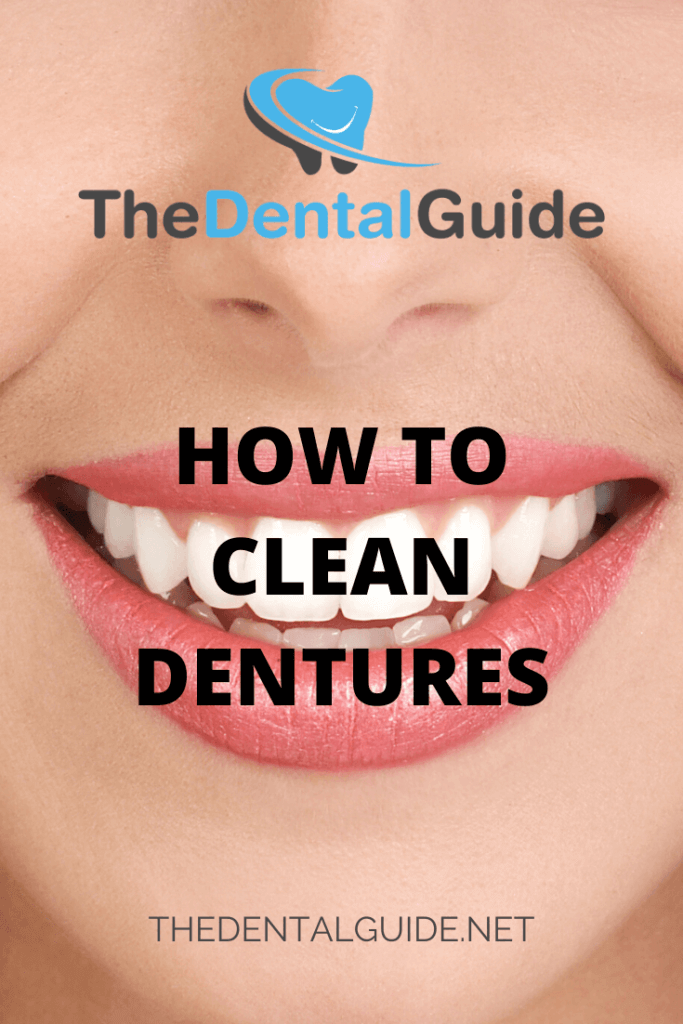Dentures are an incredibly useful and important part of dentistry, allowing patients to eat, speak, and smile naturally. However, they need to be cleaned correctly to ensure their longevity and for the optimal oral health of the wearer. Here are a few simple steps to follow to help to remove plaque from dentures.
Cleaning Tips
Denture wearers should brush and soak their dentures every day – no matter their type or size. When taking your dentures out of your mouth or a soaking solution, it is critical to hold them carefully. They are often fragile and prone to cracking.
To clean your dentures, use a soft-bristled toothbrush and a denture-specific cleaner. Brush the dentures as thoroughly as you would your own teeth, for up to two minutes. This removes plaque that may be hiding in between teeth or on the lining. Make sure to brush every nook and cranny of the dentures. Failing to clean your dentures properly can lead to:
- Bacteria build-up
- Mouth irritation
- Staining
Next, soak your dentures nightly in a denture-specific cleaning solution per the manufacturer’s directions. If you cannot leave them out overnight, make sure to leave them out of your mouth for a minimum of four hours at another time. This gives your mouth time to rest from any irritation caused by the dentures.
Denture-specific soaking solutions are made to fight off bacteria and stains without harming the dentures. However, they can contain some harsh chemicals, so rinse them thoroughly before putting the dentures back in your mouth.
If your dentures have excessive build-up, cracks, or scaling appearing, consult with your dentist about proper care or replacement if necessary. Often, they can use professional cleaning regimens to make your dentures seem like new.
Although cleaning dentures is a top priority, the rest of the mouth should not be forgotten. To ensure clean dentures, the environment they live in most of the time should also be cleaned. When the dentures are out of your mouth, use your soft-bristled brush to brush your gums thoroughly to fight tartar build-up.
What to Avoid
Dentures are usually made of metal, nylon, resin, porcelain, or acrylic material. These materials allow them to look almost identical to natural teeth, but it means users need to take a bit more care with cleaning.
When cleaning dentures, it is vital to avoid harsh chemicals unsafe for your dentures. These include abrasive cleaners, whitening toothpaste, or bleach products. Some may break down the dentures slowly over time, while others are dangerous if ingested. This is why all denture wearers should invest in a denture-specific soaking solution.
Additionally, avoid the use of very hot water on your dentures. While it may seem like a good idea to help sanitize them, it could melt or warp your dentures, meaning they no longer fit in your mouth correctly.
When in doubt, use denture-specific cleaners or consult with your dentist about the best way to clean your dentures. Proper denture care will help alleviate bad breath and calm any irritation.
